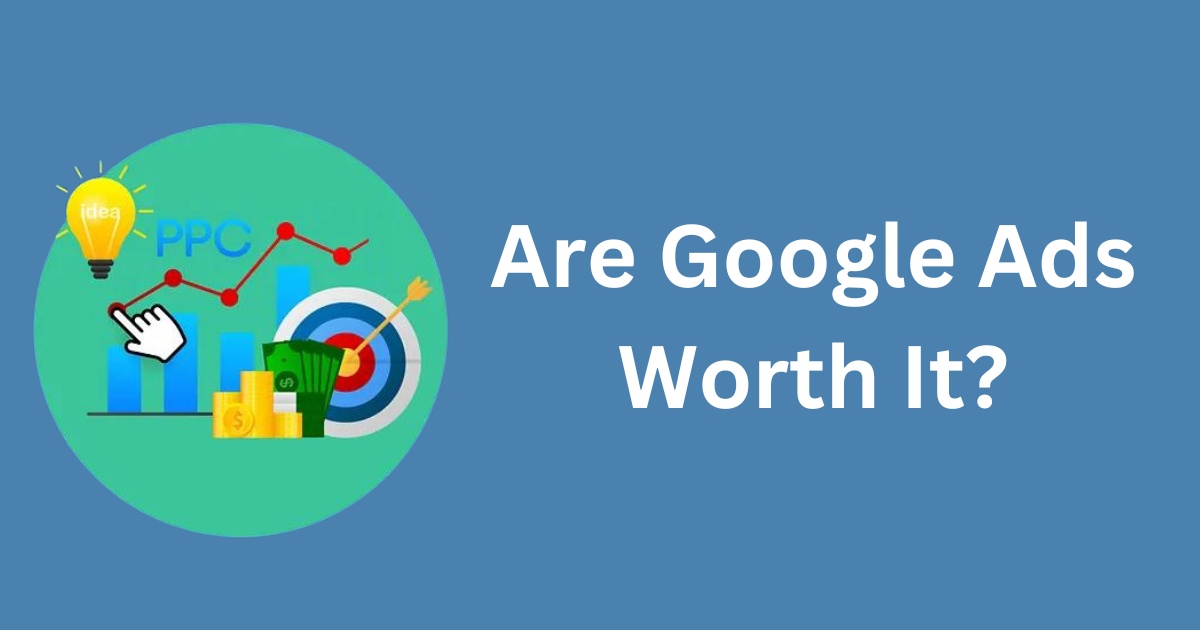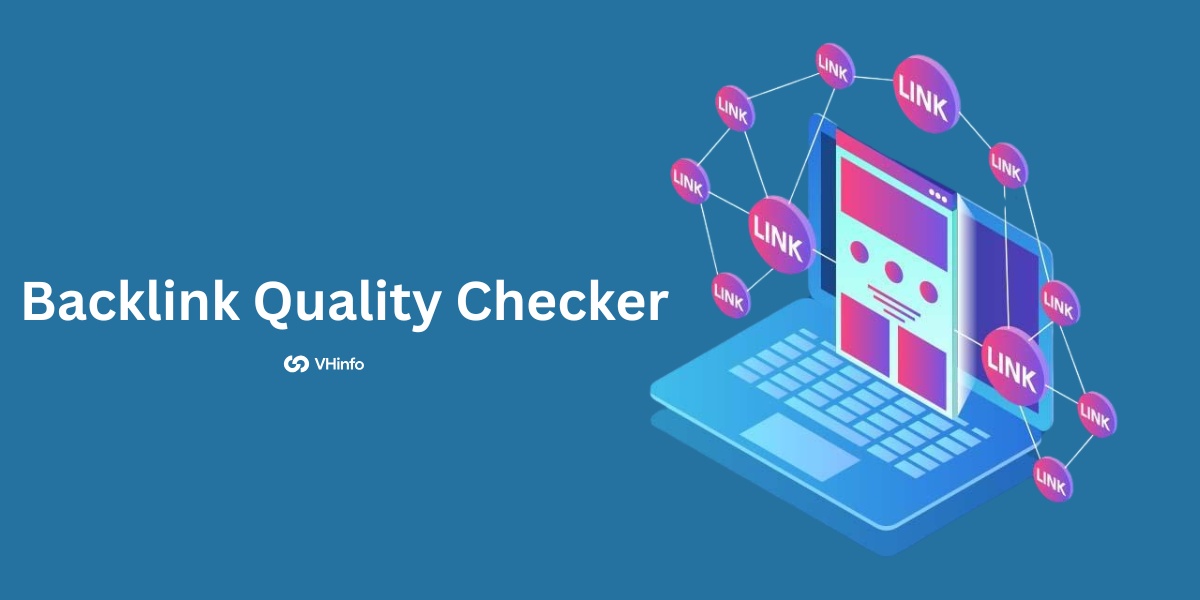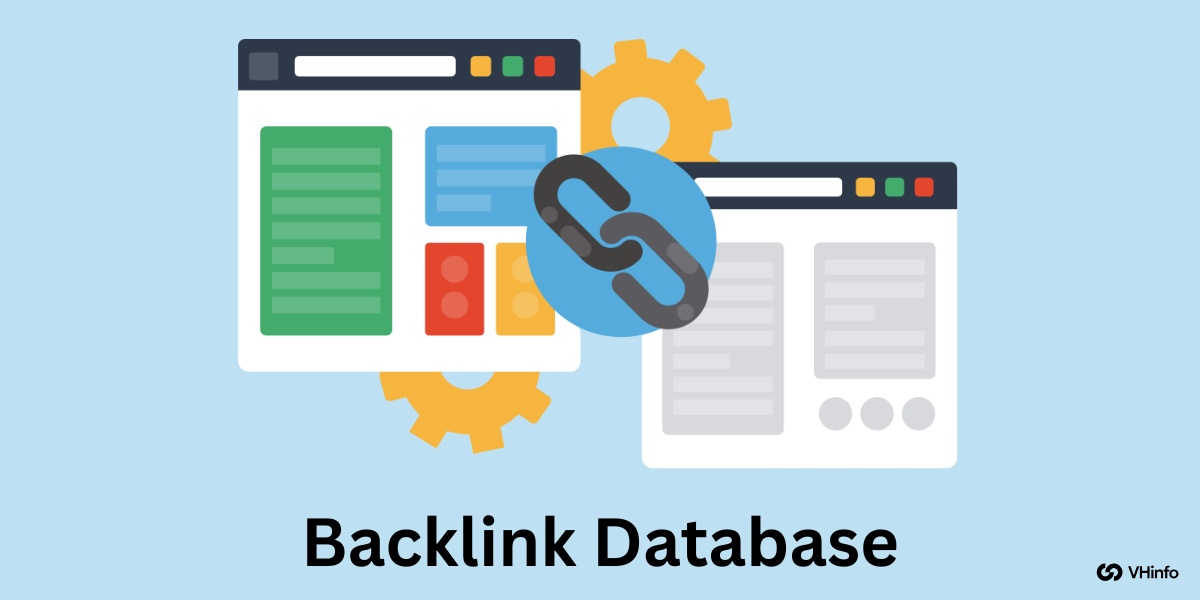Hey there, small business owners!
Ever wondered if investing in Google Ads is worth it?
Well, here’s a fun fact for you: 89% of buyer journeys start with a search engine.
So, the short answer is yes, it’s definitely worth it and a great way to snag potential customers from Google search results.
With so many digital marketing options out there, figuring out the best strategy for your business can be a bit overwhelming.
In this article, we’ll chat about the pros and cons of Google Ads and help you figure out if it’s the right choice for your small business.
What Are Google Ads?
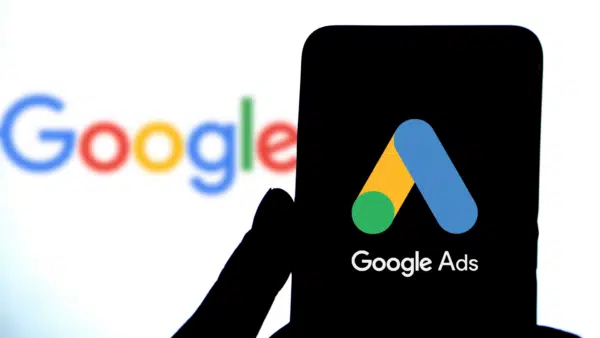
Google Ads, formerly known as Google AdWords, is an online advertising platform that allows businesses to display ads on Google’s search engine results pages (SERPs) and other websites in the Google Display Network. When someone searches for a keyword related to your business, your ad campaign may be triggered and your ad will appear at the top of the search results, increasing your visibility and driving targeted traffic to your website.
Are Google Ads Worth It?
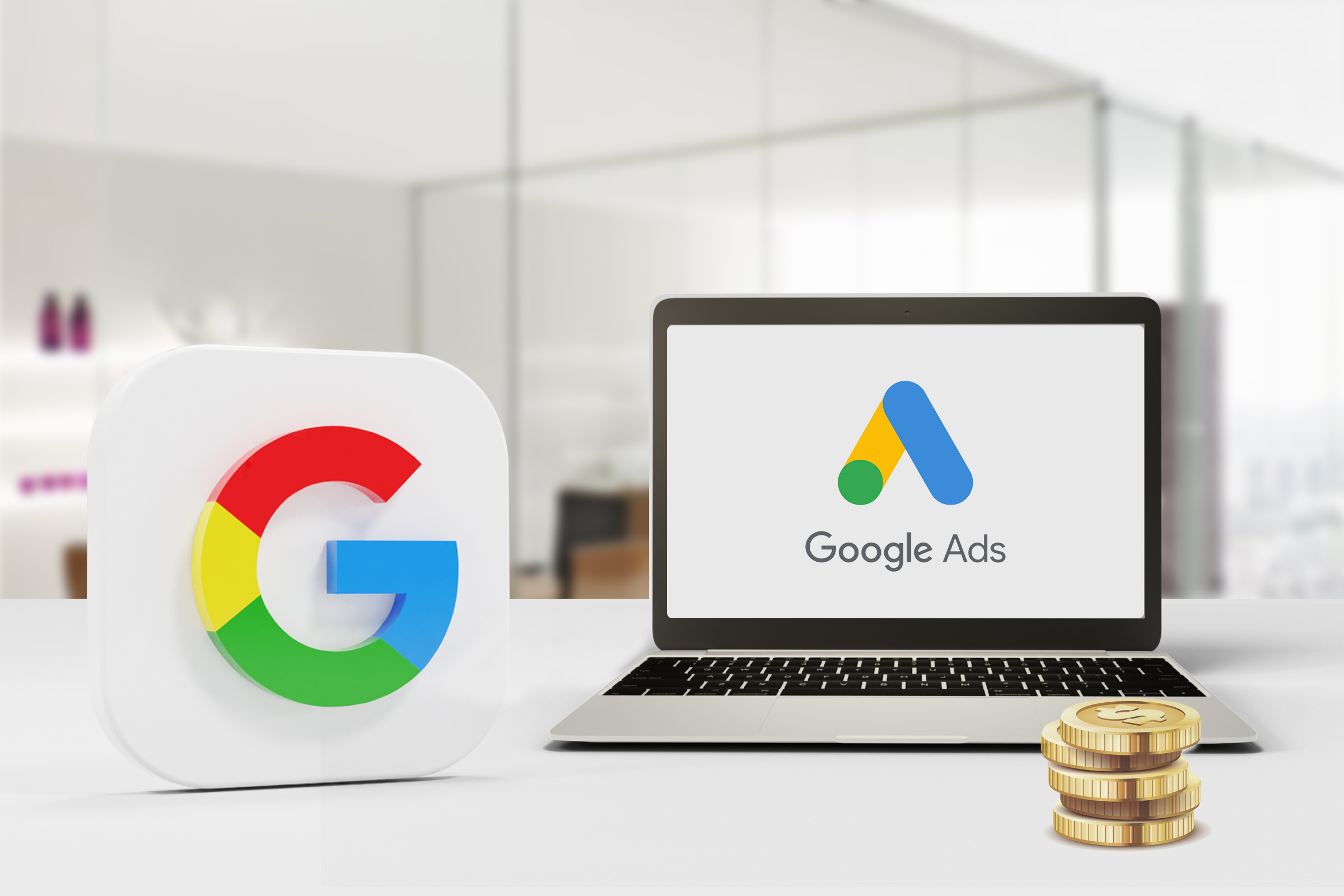
The Pros of Google Ads
- Immediate Results: Unlike Search Engine Optimization, which can take months to show results, Google Ads can drive traffic from the right people to your website almost immediately.
- Highly Targeted: With Google Ads, you can target specific keywords, demographics, locations, and devices, ensuring that your ads reach the right target audience.
- Measurable Results: Google Ads provides detailed analytics, allowing you to track your ad performance, conversion rates, and return on investment (ROI).
- Flexibility: You have complete control over your ad spend, budget, and targeting, allowing you to adjust your campaigns as needed.
The Cons of Google Ads
- Cost: Google Advertising can be expensive, especially in competitive industries. With PPC advertising, you may need a significant marketing budget to see meaningful results.
- Learning Curve: Setting up and managing a successful Google Ads campaign requires knowledge and experience. It can be time-consuming to learn the platform and optimize your campaigns.
- Constant Monitoring: To ensure your campaigns remain effective, you need to continually monitor and adjust your ads, keywords, and bids.
How Do Google Ads Work?
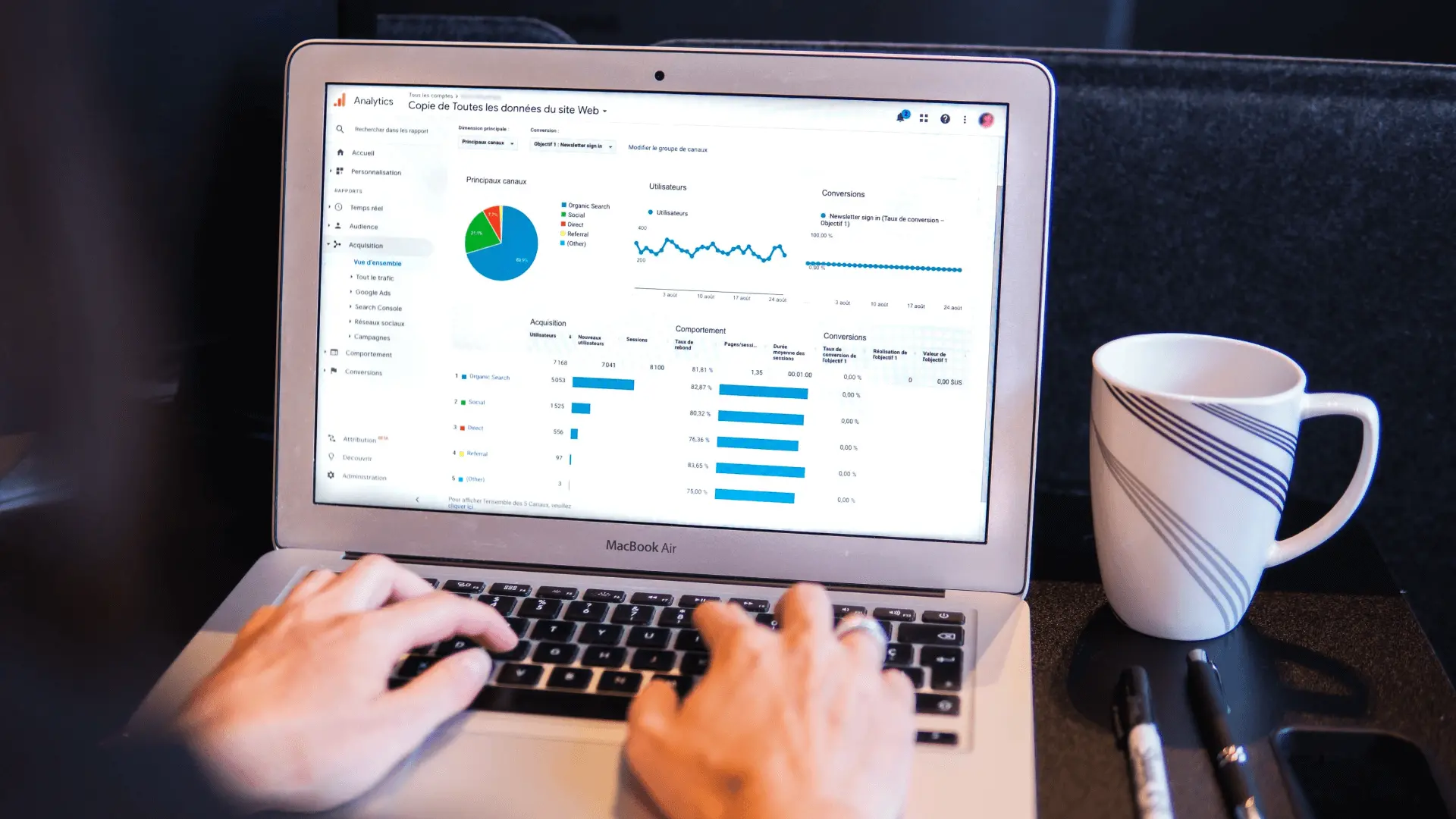
Google Ads operates on a pay-per-click (PPC) model, meaning you only pay when someone clicks on your ad. When setting up a campaign, you choose your target keywords, create ad groups, and set your maximum bid for each click. Google then uses an auction system to determine which ads appear for each search query, based on factors like bid amount, ad relevance, and landing page quality.
Different Types of Google Advertising Campaign Structures to Know

When structuring your Google Ads campaigns, you have several options to consider. The most common campaign structures include:
- Broad structure: Popular with beginners, this simple structure uses one campaign with various ad groups focusing on a broad theme. It’s quick to set up but can lead to less relevant traffic and higher costs.
- IBAG (Intent-Based Ad Groups) structure: This structure organizes ad groups based on user intent, such as informational, navigational, or transactional keywords. It allows for more targeted ads and landing pages.
- SKAG (Single Keyword Ad Groups) structure: In this granular approach, each ad group contains just one keyword and its close variants. While time-consuming to set up, SKAGs enable highly relevant ads and landing pages, leading to better quality scores and lower costs per click.
The best campaign structure depends on your goals, average cost, ad rank, ad quality, budget, and resources. However, if you wanna get the most out of your Google Ads, it’s a good idea to keep things organized. That means separating your branded and non-branded keywords, grouping similar and new keywords together based on theme or intent, and making sure your naming conventions are crystal clear. These simple tips can really help you create campaigns that actually work.
Factors Affecting Google Ads Performance
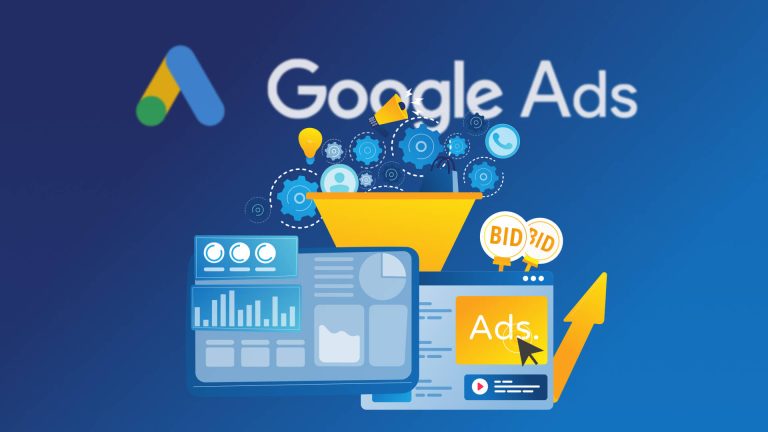
To achieve the best results with Google Ads, you need to find the right balance of several factors.
- Ad Relevance and Quality Score: Google assigns a Quality Score to each of your ads and keywords, based on factors like click-through rate (CTR), ad relevance, and landing page experience. A higher Quality Score can lead to lower costs per click and better ad positions
- Landing Page Experience: Your landing page should be relevant to your ad and provide a seamless user experience. A well-optimized landing page can improve your Quality Score and conversion rates.
- Competition in Your Industry: The cost and effectiveness of Google Ads can vary greatly depending on your industry’s competition level. In highly competitive industries, you may need to bid higher and continually optimize your campaigns to maintain visibility.
What is Changing in 2024 For Google Ads?
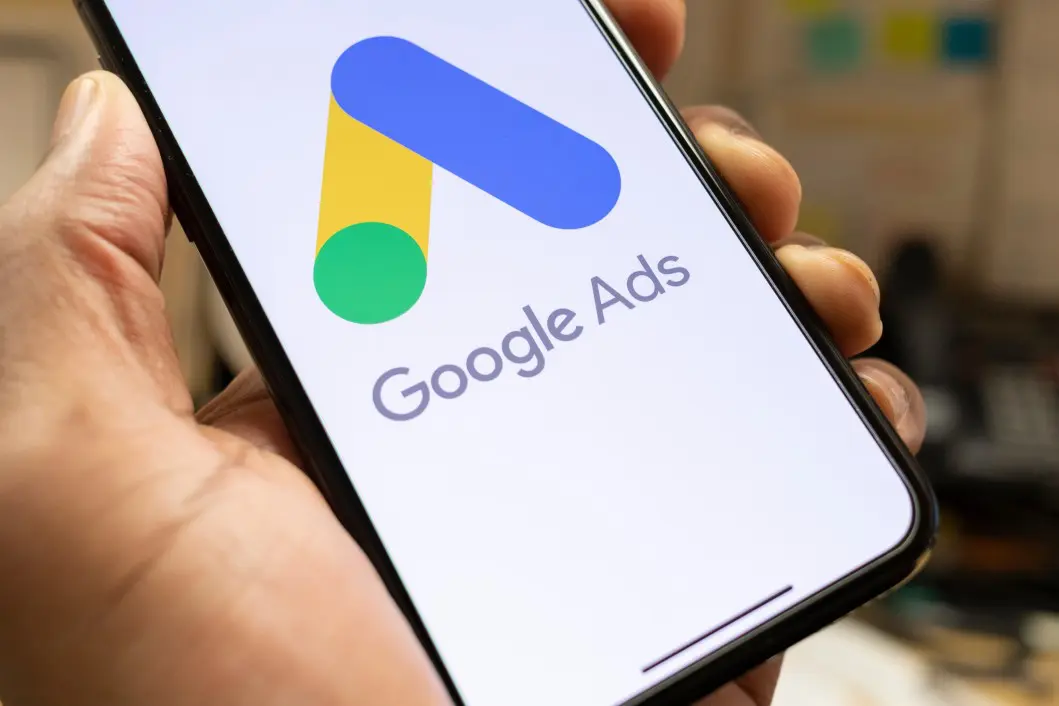
Expanded Search Ads Are Gone
From June 30, 2022 onwards, advertisers can no longer create or edit expanded text ads. Instead, responsive Google search ads are now the default ad type for Search campaigns. Existing expanded text ads will continue to serve, but it’s best to embrace responsive search ads moving forward.
No More Third-Party Cookies
Google plans to phase out support for third-party cookies in Chrome by 2024. This change will impact how advertisers target, measure, and optimize their campaigns. To prepare, focus on first-party data collection and privacy-safe measurement solutions like Google’s Privacy Sandbox.
A Shift to Performance Max
Google is heavily promoting Performance Max campaigns, which use AI to optimize ad delivery across all Google ad inventory. While not replacing keyword-based search campaigns, Performance Max will likely become a larger part of advertisers’ strategies in 2024 and beyond.
Does Google Ads Work For Small Business?
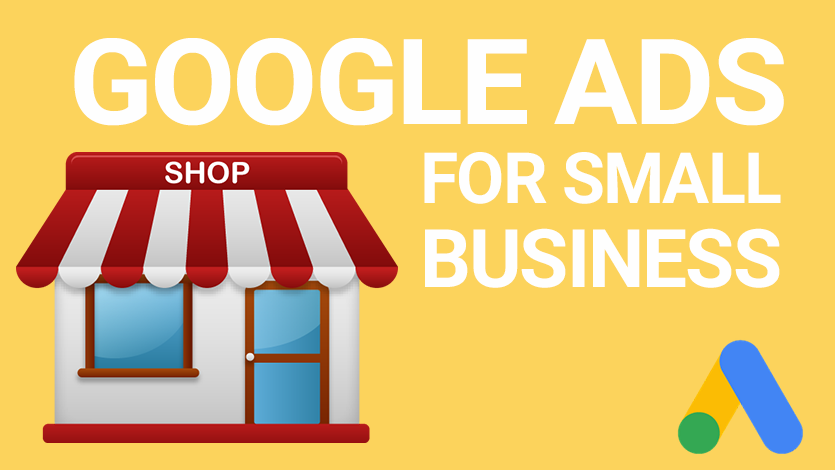
Google Ads can be an effective tool for small businesses, but it requires careful planning and execution.
Here are some tips for success:
- You Control Everything: With Google Ads, you have complete control over your ad spend, targeting, and messaging. This allows you to tailor your campaigns to your specific business goals and budget
- Ensure Your Website Landing Page is Exactly Where Your Customers Need to Be: Your landing page should be highly relevant to your ad and provide a clear call-to-action (CTA). A well-designed landing page can significantly improve your conversion rates.
Should You Also Do SEO to Rank Better in Organic Search Results?
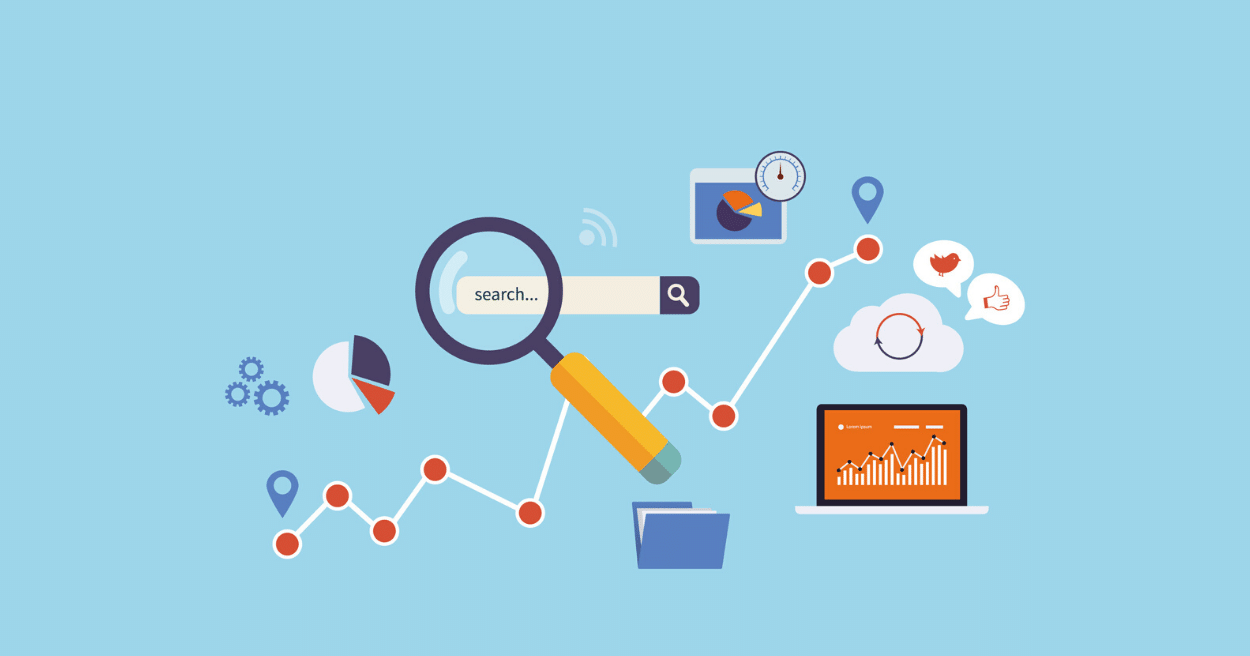
Absolutely! While Google Ads can drive immediate traffic, SEO is important for long-term success. Here’s why:
- Complementary Roles: SEO improves your organic rankings, while Google Ads targets specific keywords for paid visibility. Using both together maximize your presence on search engine results pages (SERPs).
- Keyword Insights: Sharing keyword data between SEO and PPC teams can uncover new opportunities and improve targeting for both channels.
- Enhanced Relevance: Insights from PPC click-through rates can help optimize SEO meta tags and copy, while SEO data can guide PPC landing page creation. Aligning messaging across both channels boosts relevance and engagement.
- Cost-Effective: SEO provides long-term organic traffic without the ongoing costs of PPC. Reinvesting some PPC budget into SEO can improve your overall ROI.
- Credibility: High organic rankings lend credibility to your brand. Users may be more likely to click your PPC ads if they also see you ranking well organically.
How Much Should a Small Business Spend on Google Ads?
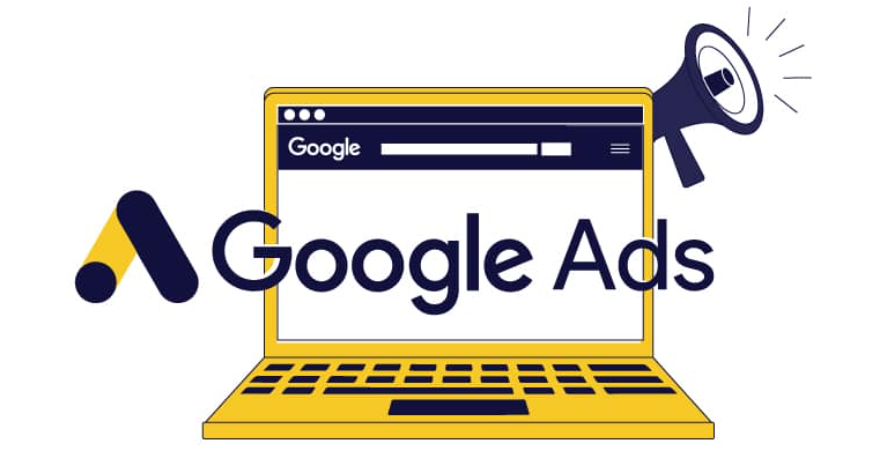
The amount you should spend on Google Ads depends on your industry, competition, and business goals.
As a general rule, it’s best to start with a small daily budget and gradually increase it as you optimize your campaigns and see positive results. Many small businesses start with a daily budget of $10-$50.
Google Ads Vs Facebook Ads: What’s the Difference?
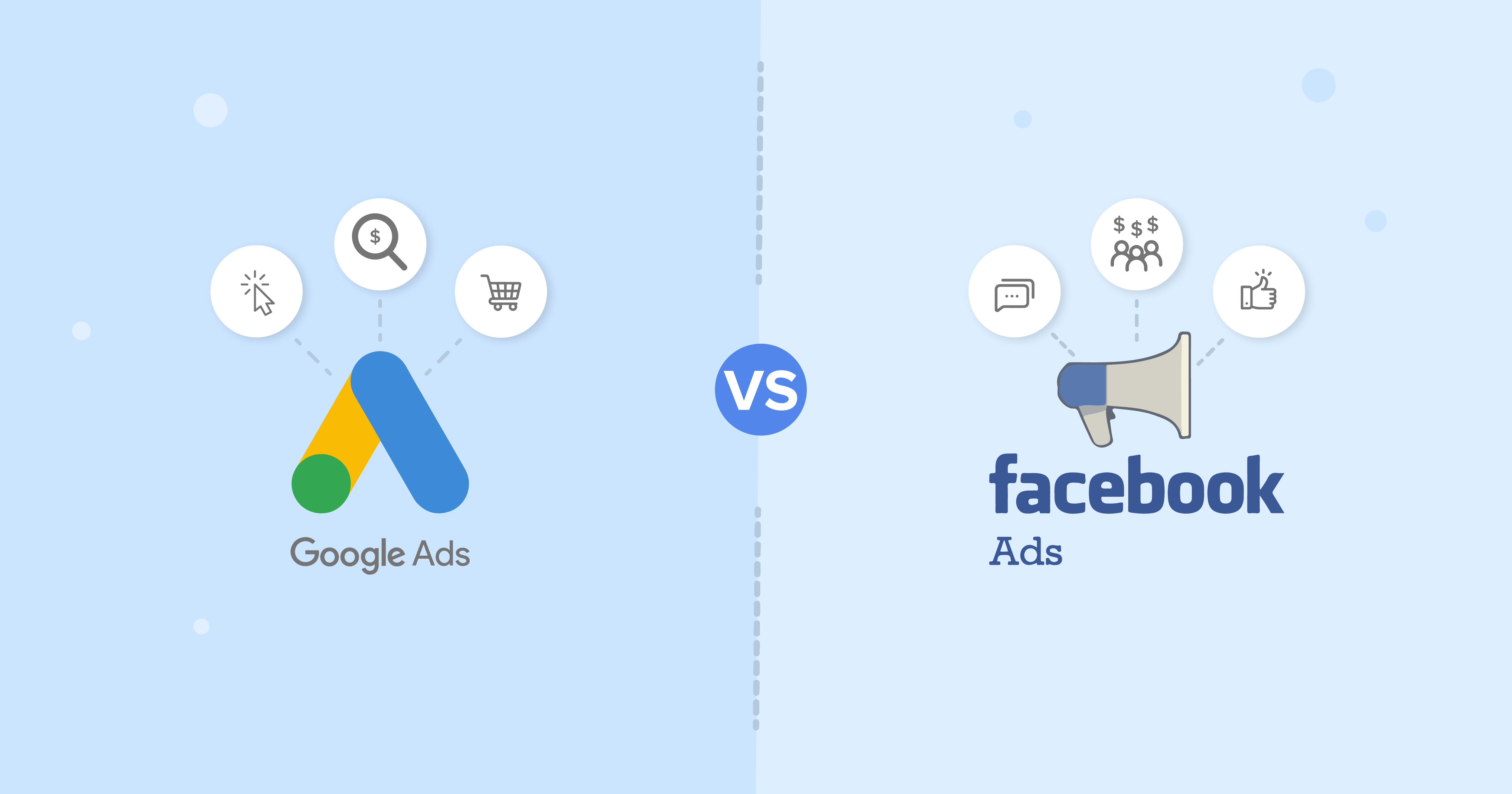
While both Google Ads and Facebook Ads are popular digital advertising platforms, they serve different purposes:
- Google Ads targets users actively searching for products or services, making it ideal for driving immediate sales or leads.
- Facebook Ads target users based on their interests, behaviors, and demographics, making them better suited for building brand awareness and engagement.
Common Mistakes Business Owners Make When Using Google Ads
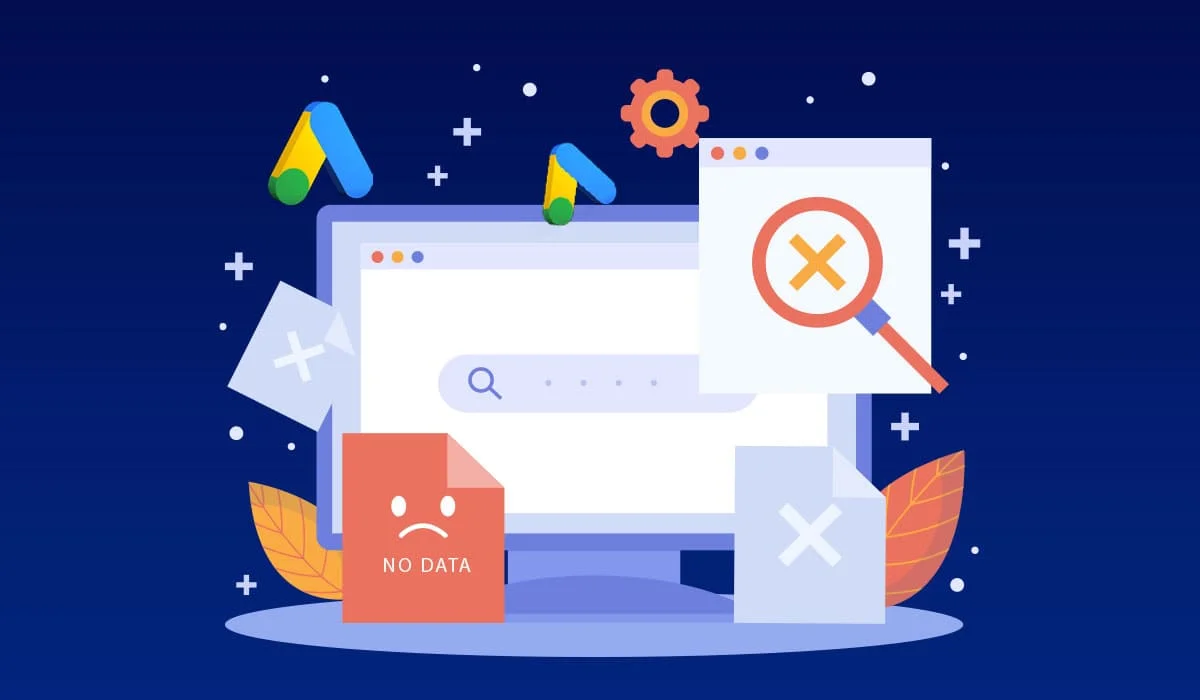
Google Ads can help businesses grow, but some common mistakes can ruin good campaigns.
- Mistake 1: Not Doing Proper Keyword Research- Keyword research is important for creating relevant and effective ads. Without targeting the right keywords, your ads may not reach your intended audience.
- Mistake 2. Not Using Negative Keywords- Negative keywords help exclude irrelevant searches and improve your ad targeting. Failing to use negative keywords can lead to wasted ad spend on unqualified clicks.
- Mistake 3. Not Tracking Any Conversions- Tracking conversions is essential for measuring the success of your Google Ads campaigns. Without conversion tracking, you won’t know which ads and keywords are driving results.
- Mistake 4. Not Actively Managing Their Campaigns- Google Ads requires ongoing management and optimization. Failing to regularly review and adjust your campaigns can lead to poor performance and wasted ad spend.
Are You Wasting Money in Google Ads?

To avoid wasting money on Google Ads, follow these best practices:
- Set clear goals and target metrics for your campaigns.
- Conduct thorough keyword research and use negative keywords to refine your targeting.
- Create compelling ad copy and landing pages that align with your target keywords.
- Monitor your campaigns regularly and make data-driven optimizations.
- Set a budget you’re comfortable with and adjust it based on performance.
FAQ’s:
Does Google Ads Work on a Small Budget?
Yes, Google Ads can work on a small budget, but you may need to be more strategic in your targeting and keyword selection. Focus on long-tail keywords and niche audiences to maximize your budget’s impact.
Is $500 Enough For Google Ads?
A $500 monthly budget can be effective for small businesses in less competitive industries. However, the actual amount you need will depend on your specific business goals and market competition.
How Much Budget Should Be Spent on Google Ads?
The ideal Google Ads budget varies by industry and business size. As a general guideline, small businesses should start with a daily budget of $10-$50 and adjust based on performance.
How Long Does it Take to See Results From Google Ads?
You can start seeing results from Google Ads almost immediately, as your ads can begin appearing in search results within a few hours of launching your campaign. However, it may take several weeks to gather enough data to make informed optimizations.
Can I Run Google Ads Myself or Do I Need an Agency?
You can run Google Ads yourself, but it requires time and effort to learn the platform and manage your campaigns effectively. If you lack the time or expertise, working with a Google Ads agency or consultant can help optimize your results.
What Industries Tend to See the Best Results From Google Ads?
Industries with high search volume and clear user intent, such as e-commerce, professional services, and home services, often see strong results from Google Ads.
Are There Any Alternatives to Google Ads Worth Considering?
While Google Ads is the largest and most popular PPC platform, alternatives like Microsoft Advertising (formerly Bing Ads) and Amazon Advertising can be effective for certain businesses and industries.
So, Are Google Ads Worth it, Still?
Whether Google Ads is worth it for your small business depends on your specific goals, industry, and resources. When executed properly, Google Ads can be a highly effective way to drive targeted traffic, generate leads, and increase sales.
However, it’s important to approach Google Ads with realistic expectations and a willingness to continually learn and optimize your campaigns.
Conclusion
Google Ads can be a powerful tool for small businesses looking to reach new customers and grow their online presence. Some businesses choose to run both Google Ads and social media paid ads because they each offer different targeting strategies that align with the functionality of their respective platforms.
Understanding how Google Ads works, setting clear goals, and following best practices can help you maximize your ad spend and achieve a strong return on investment.
At VH-info, we specialize in helping SaaS companies develop effective link-building and digital marketing strategies. Our experienced team can guide you in creating and optimizing your Google Ads campaigns to drive sustainable growth for your business.
Get in touch with us today to learn more about our services and how we can help you succeed online.
